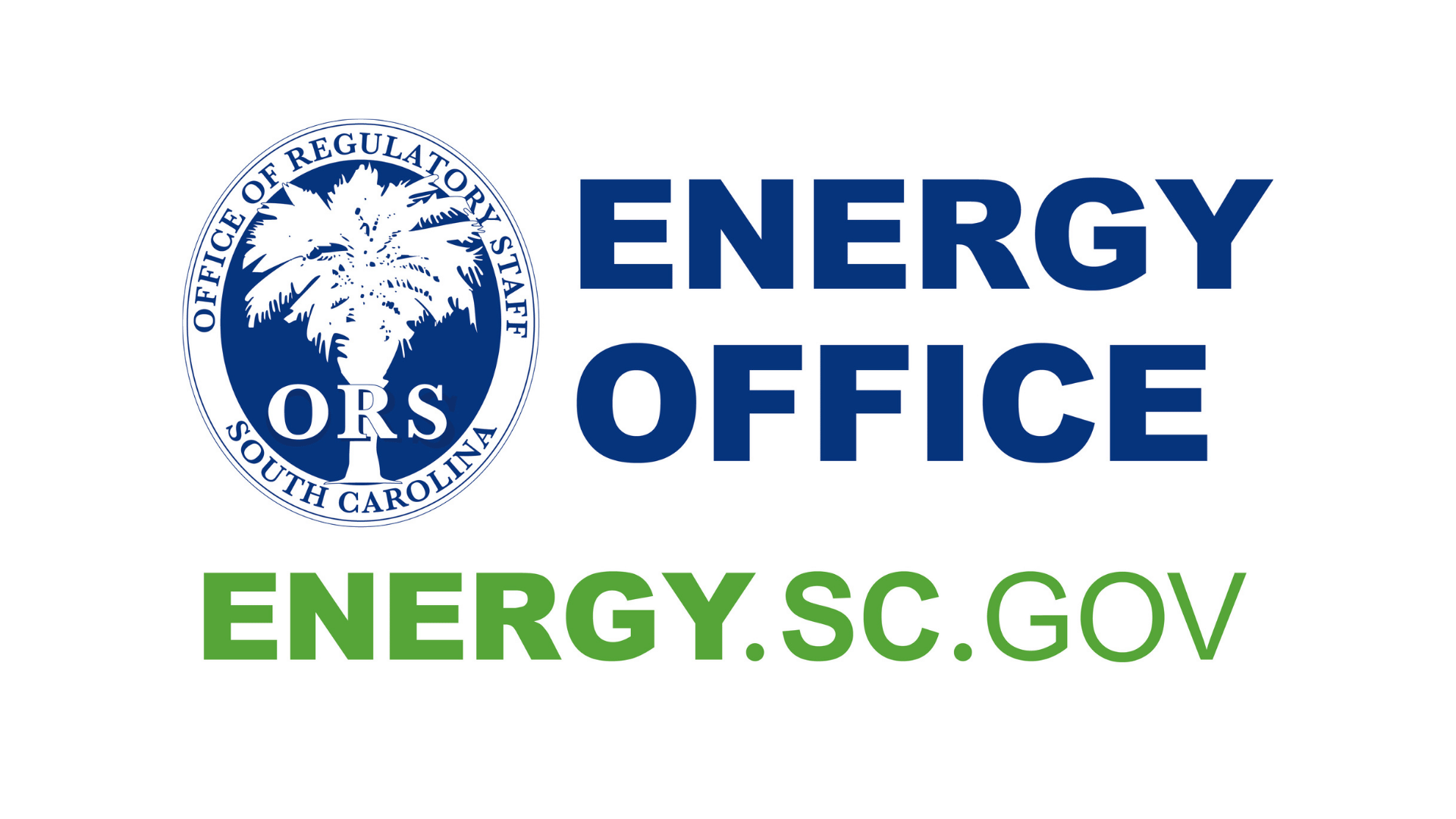
Lesson
Upon completing this lesson, students will interpret charts, graphs, and illustrations to discover the story of power in South Carolina.
The Energy Office, housed within the South Carolina Office of Regulatory Staff, serves as the principal energy planning entity for the state. The mission of the Energy Office is to advance South Carolina’s energy strategy and policy through education and outreach. The Energy Office has developed ten free energy lesson plans specifically for South Carolina teachers to use. These lessons align with the South Carolina Science Standards and indicate the grade level covered by the standard. Lesson topics include renewables, energy conservation, green buildings, energy sources, and transportation.


Lesson
Upon completing this lesson, students will interpret charts, graphs, and illustrations to discover the story of power in South Carolina.

Lesson
Upon completing this lesson the students will: • Measure the amount of solar heat that comes from the sun; and • Describe ways this energy can be used to help reduce our dependence on traditional...

Lesson
Upon completing this lesson the students will: • Understand energy forms and sources; • Distinguish between conductors and insulators of heat transfer; • Recognize and compare insulation values of...

Lesson
Upon completing this lesson the students will: • Develop models to illustrate and explain that energy can be transferred from place to place by electric currents and that electric currents flowing...

Lesson
Upon completing this lesson, the students will be able to: • Describe various ways that solar energy can be used; and • Describe the advantages and disadvantages of using solar energy

Lesson
Upon completing this lesson the students will: • Define energy and the major sources of energy currently in use. • Explain the difference between energy efficiency and energy conservation. • Describe...